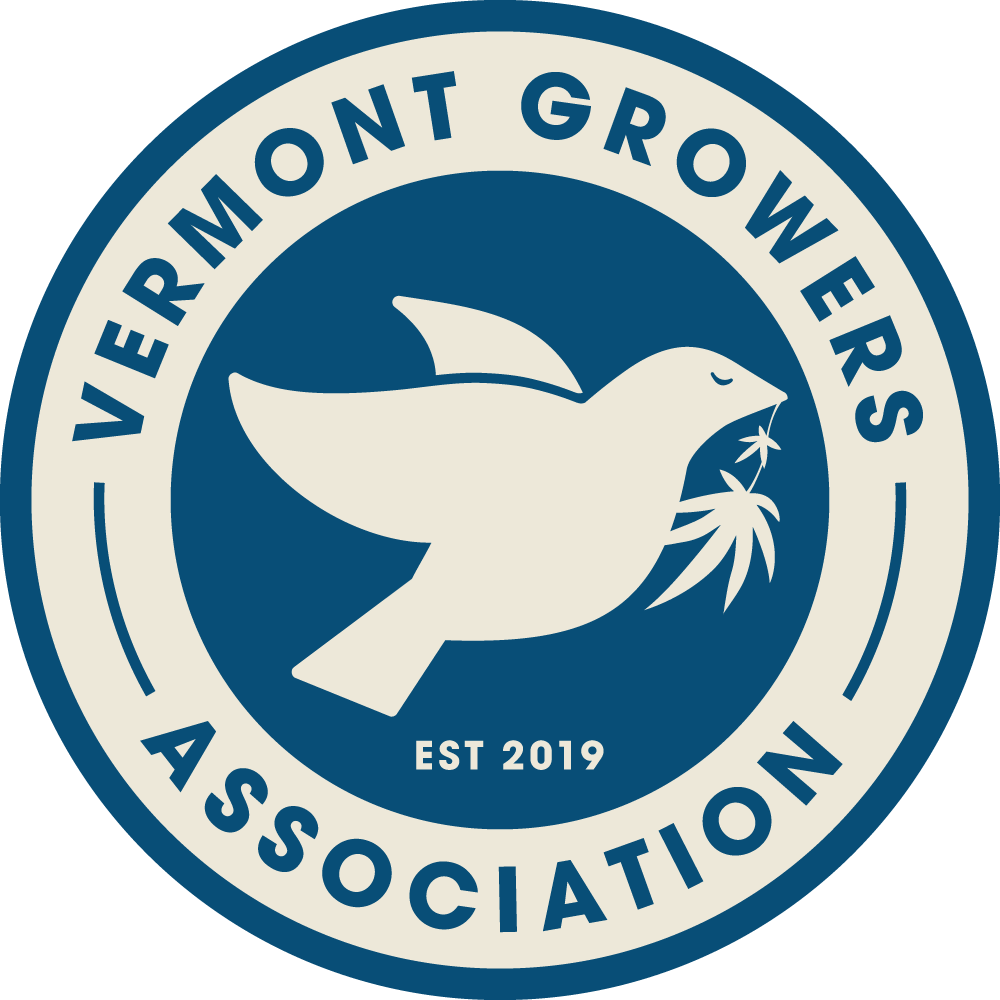A Year in Review
You are now at the table. After a year of grassroots organizing, coalition building, and mobilizing our friends and neighbors to arrive at a just and equitable legal cannabis market in Vermont, as a new organization, we now find ourselves in a much different place than where we were just a year ago – and we are here together.
“At the beginning of the 2020 legislative session, we walked into the State House as a collective of cannabis growers, hash makers, and other industry professionals with little-to-no political connections, at the time, but armed with the voices of nearly 400 fellow Vermonters, the results of our first Policy Survey, and a plan to amend bill S.54 and foundationally improve the legislation.”
In our very first year as an organization we held three legislative campaigns throughout 2020: amend bill S.54 by replacing the Cannabis Control Board with the Agency of Agriculture, Farms, and Markets; amend bill S.54 by reforming the craft cultivation license; and finally, when those good faith efforts mostly failed, a campaign to stop bill S.54 from becoming law. In addition to those legislative efforts, we introduced Vermont’s first policy survey specifically for cannabis, developed a statewide program of industry-specific events, such as Craft First, Stay Toasty, and Cultivation Corner, and helped form a resilient, intersectional Coalition with other local nonprofits and businesses to broaden the fight in Montpelier around equity and justice in cannabis, moving forward.
At the beginning of the 2020 legislative session, we walked into the State House as a collective of cannabis growers, hash makers, and other industry professionals with little-to-no political connections, at the time, but armed with the voices of nearly 400 fellow Vermonters, the results of our first Policy Survey, and a plan to amend bill S.54 and foundationally improve the legislation. We met with Lieutenant Governor Zuckerman. We met with friends at VAAFM. We met with any Senator and Representative, and their aides, willing to talk to us. It quickly became apparent we had no political clout, yet, the currency in every State House in this country, but, just as important, it was also clear we were bringing a much-needed perspective into the offices of Vermont's lawmakers, a voice many elected officials were hearing for the very first time. This was the seed of our efforts.
Though we weren't successful in replacing the CCB with VAAFM in bill S.54, that campaign brought newfound public awareness to the advantages of using a pre-existing state agency and highlighted the risks and inadequacies of using a small-staffed agency, like the CCB. We found more success reforming the craft cultivation license, our second campaign, by developing a case study examining why 500 sqft is an unreasonable canopy size for commercial use, lobbied tirelessly, and mobilized Vermonters, sending nearly 2,000 individual emails and phone calls to elected officials using the tools on our website. Together, and with other advocates, we successfully expanded the craft cultivation canopy size to 1,000 sqft. The final campaign of the year wasn’t successful in stopping S.54 from becoming law, but we actually came very close, the bill was in fact nearly vetoed by Governor Scott, but in the 11th hour, he decided to let it pass without his signature while acknowledging the shortcomings in the bill that we advocated for, and placing us on a clear path forward for 2021.
The most lasting and greatest success from 2020, without a doubt, is our intersectional Coalition of amazing local nonprofits and businesses that came together to forge a unified front against corporate cannabis in Vermont and to arrive at an equitable and just cannabis market. The Racial Justice Alliance, Justice For All, NOFA-VT, Rural Vermont, and Trace are now friends of VGA, we have membership in their individual organizations and we support each other’s missions, knowing our shared interests are greater than any differences. Vermont Growers Associations objectives have been clear from day one, we seek to bring the shared interests of cannabis professionals into the legislative deliberation process to arrive at a market that works for everyone in Vermont, and 12 months later we continue those efforts. Onward, into 2021.

